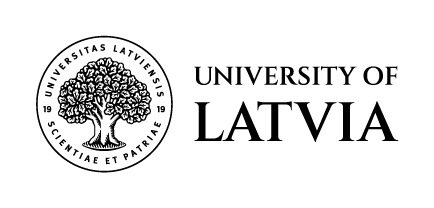The Good People: Loyalty and Betrayal in Moscow’s House of Government, 1937–1938
DOI:
https://doi.org/10.22364/luzv.9.10.04Keywords:
Soviet repressions, Russian revolution, morality in extreme situations, House of GovernmentAbstract
This essay is an abridged and revised excerpt from the book The House of Government: A Saga of the Russian Revolution. It deals with the reactions to mass arrests of 1937–1938 within the House of Government in Moscow, including silence, vigilance, book-burning, soul-searching, and self-sacrifice. The central questions have to do with the puzzle of what constituted moral behavior, what was meant by loyalty and betrayal, and who, and why, could be considered a “good person.”
Downloads
Published
Issue
Section
License
Copyright (c) 2020 Latvijas Universitāte

This work is licensed under a Creative Commons Attribution-NonCommercial 4.0 International License.


